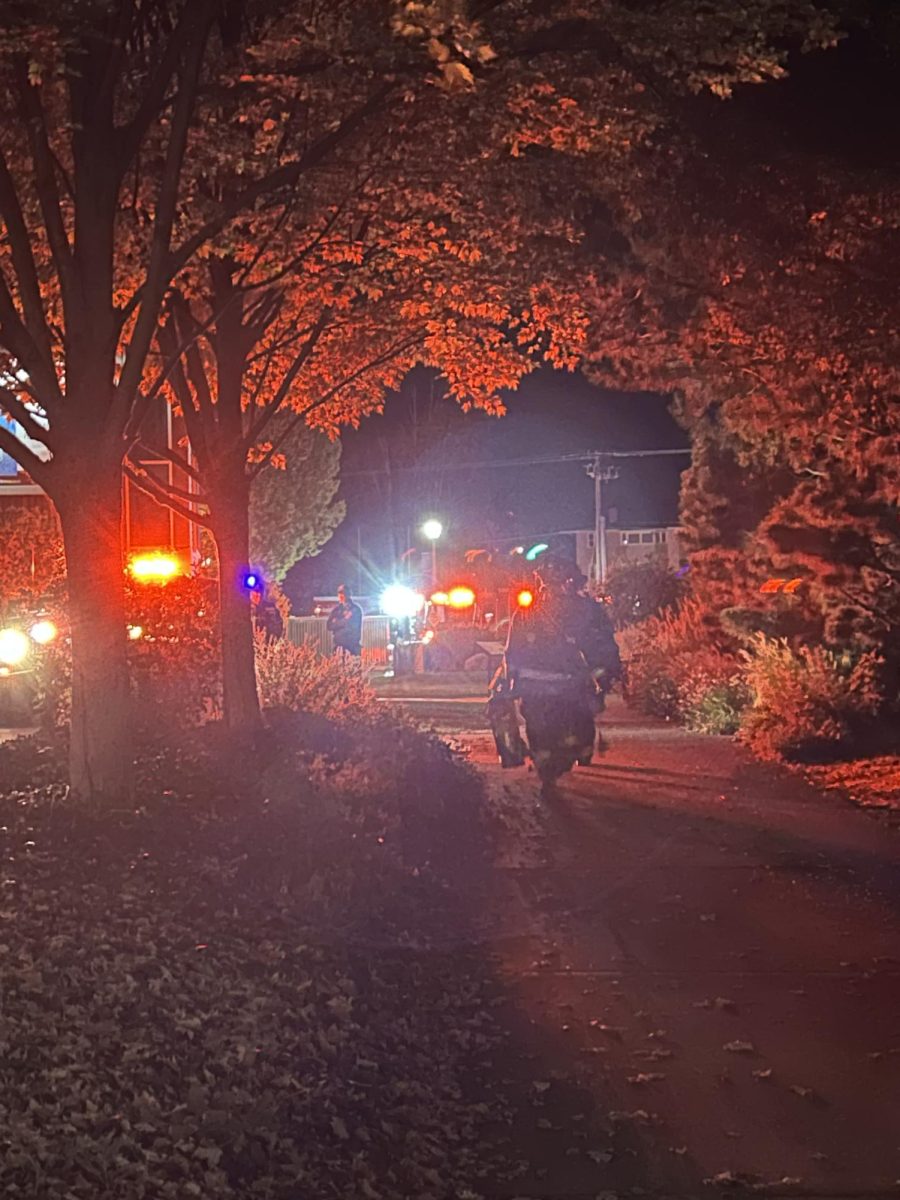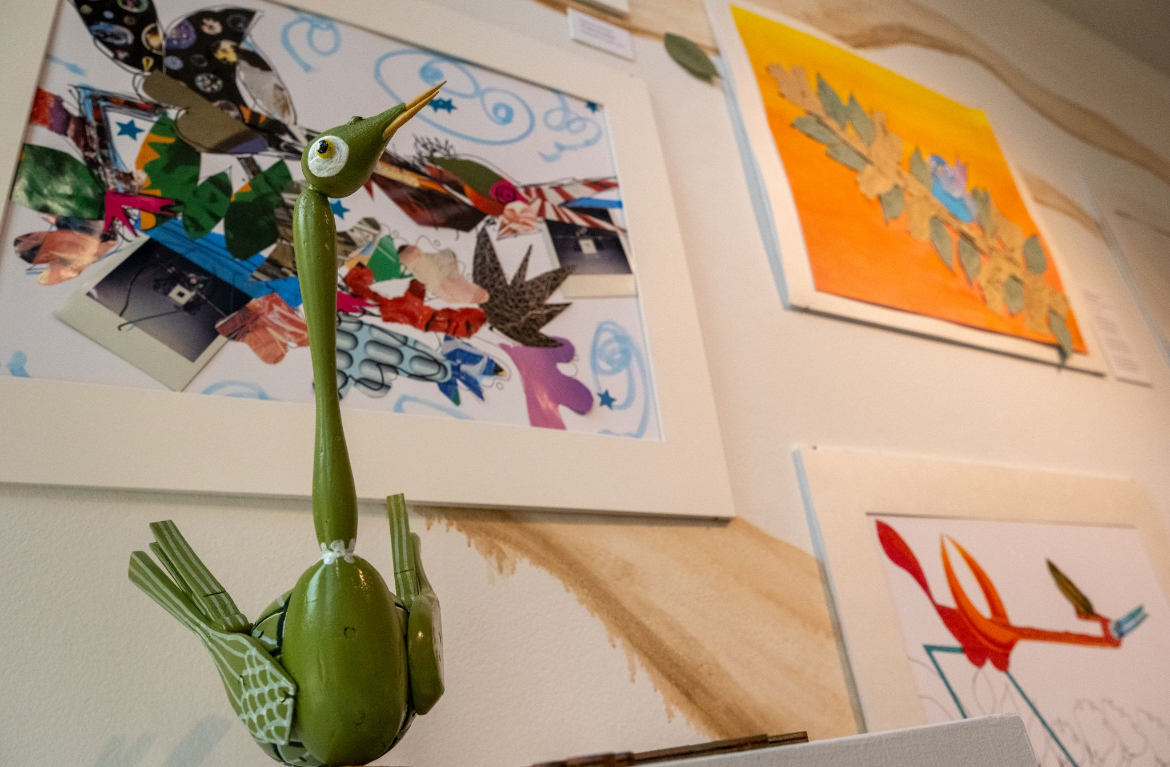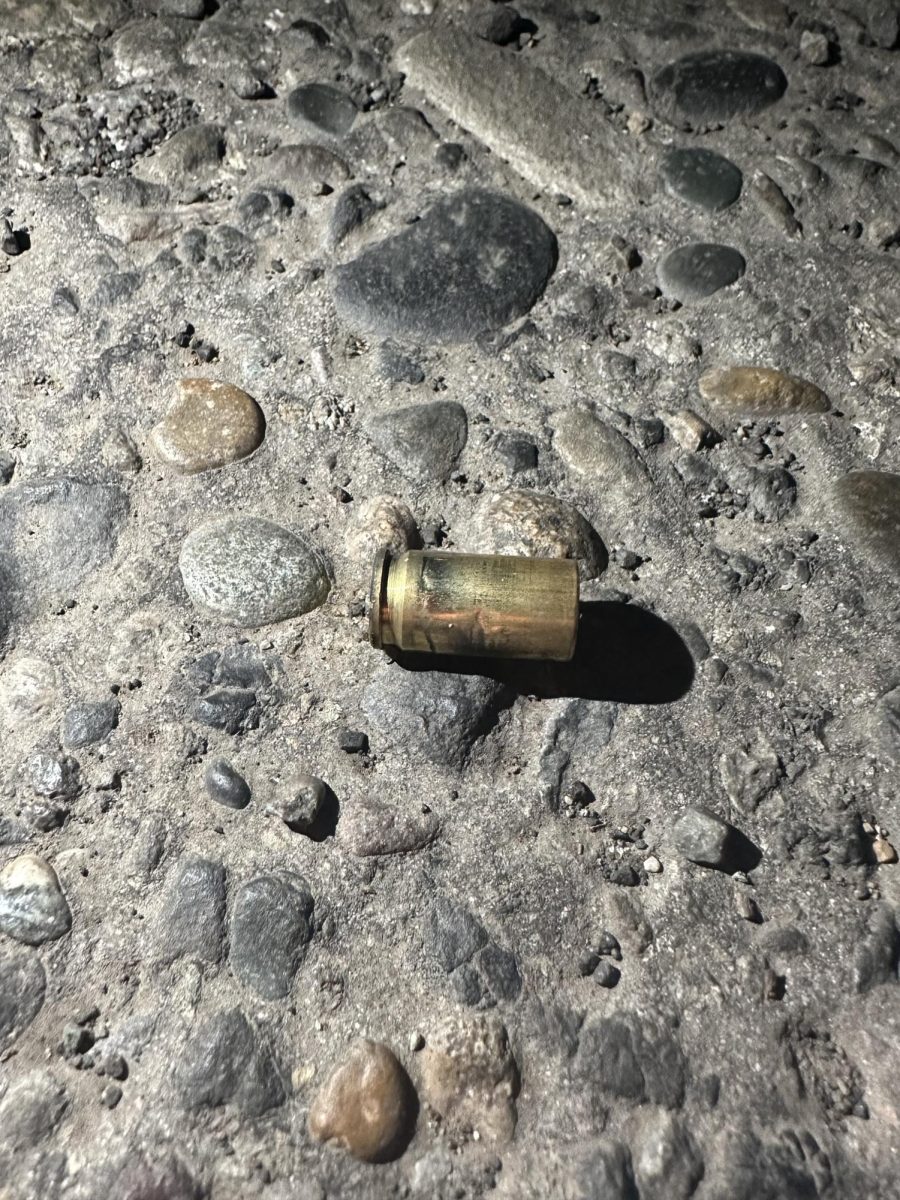On Monday, Oct. 24, the Whitman community hosted visiting author Anne Fadiman in Cordiner Hall for a lecture, the culmination of the first-year summer read program. The talk was followed by a question-and-answer session with Fadiman and her Hmong interpreter May Ying Ly.
The 2011 summer read book was “The Spirit Catches You and You Fall Down,” the story of Hmong parents and their epileptic daughter, Lia Lee, and of the cultural conflicts that complicate her treatment.
During the question-and-answer session, Fadiman and Ly discussed the writing process and the influence the book has had on others’ perception of Hmong immigrants and American medical providers.

Fadiman spoke about the origins of the book as well as her research process and how she has benefited from her time with the Hmong. She described her work with interpreter May Ying Ly to bridge the language and cultural barriers between the Hmong and American medical community while describing Lia’s situation.
“I was accepted into the [Lee] family,” Fadiman said of her time interviewing and researching. “May Ying told me what to do.”
Fadiman described how her time gathering information from the Lees was in stark contrast with that of the American doctors who attempted to help Lia. With Ly as her cultural broker, Fadiman was able to better understand the Lee family’s perspective on Lia’s epilepsy and on the entire medical process.
The two spent hours of what Fadiman calls “in the house” time speaking with the Lees. They also had hours of “in the car” time: Ly and Fadiman sat in Fadiman’s rental car parked outside the Lee’s apartment and went through all of what was said.
Fadiman worked on the book, which was originally supposed to be published as an article for “The New Yorker,” for eight years.
“I am still in awe of the meticulous research that went into the book,” said Ly, when asked after the lecture about her perspective on Fadiman’s work.
The lecture was the last part in the summer reading program required reading for all first-years.
“Whitman tries to have [the summer reading] cover a bunch of departments, so it’s very interdisciplinary,” said sophomore Zoë Erb, the student academic advisor who introduced Fadiman’s lecture. “Also, it’s a really good introduction for [first-years] to know how they’re going to be expected to think about stuff in college.”
While Fadiman’s speech wrapped up the first-year summer read process, Erb stressed the continuing significance of its themes.
“I think that [the lecture’s] goal is to wrap things up for the whole summer read program and the freshman introduction to Whitman,” said Erb. “But it’s a book, and it raises a lot of issues. At what point can something like that actually be wrapped up? It’s an ongoing process to keep people thinking about these sorts of things.”
First-year Emma Woodworth felt that the discussion helped her achieve a greater understanding of what she read over the summer.
“It was interesting to hear more about how [the book] was written rather than just reading what was written,” she said.
Woodworth thought the lecture was a valuable experience for first-years to have but said it was difficult to come back in late October to a book that was discussed in August.
“I wish [the lecture had been] closer to when we actually read the book,” she said.
Although the lecture took place two months after the initial first-year discussion, students were not the only ones anticipating Fadiman’s visit. Three faculty members from different departments on campus were chosen to present a panel discussion to all first-years at the beginning of the school year.
Before Fadiman’s lecture, two of the panel members expressed their desire to hear the author’s take on many aspects of her book.
“I’ll be anxious to see what she has taken from the different perspectives on her book and how that has perhaps changed her thinking,” said Assistant Professor of Anthropology Suzanne Morrissey, who served on the faculty panel. “Would Fadiman write the book differently now?”
Fellow panel member, Assistant Professor of Biology Leena Knight shared the wish to hear how Fadiman’s view of her work has changed.
“My personal hope is that she’ll speak a little bit beyond the book,” said Knight. “The book and the narrative that she brings forth are quite compelling, but as one of the readers, I had this sense of wanting to know what becomes of it all. And how does it end? Is there any form of resolution?”
The cross-disciplinary perspective engaged students and faculty members from all around the campus and allowed all to appreciate Fadiman’s work and presence on campus.
“She’s a great reporter and journalist and editor,” said Erb. “It’s great that she could come.”






